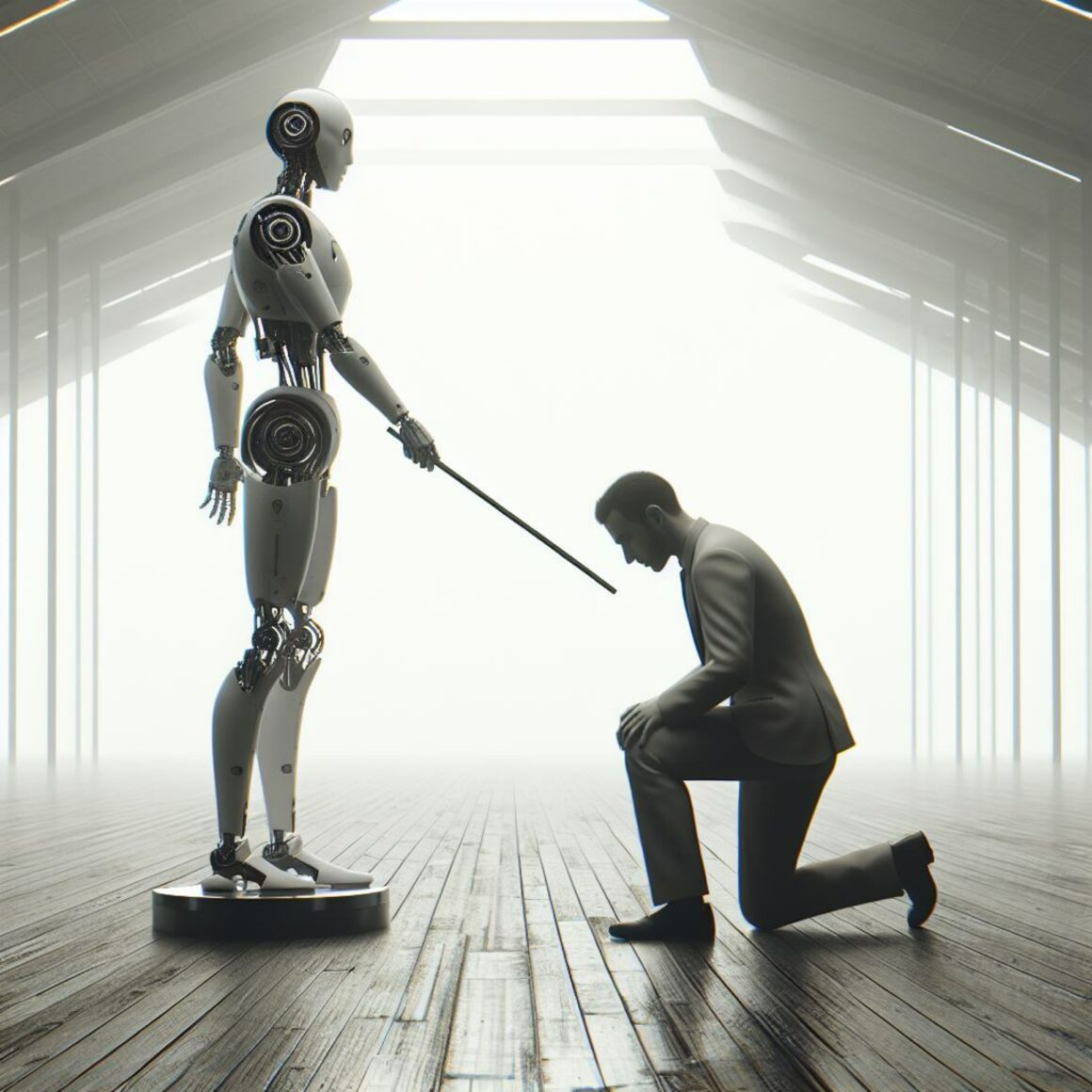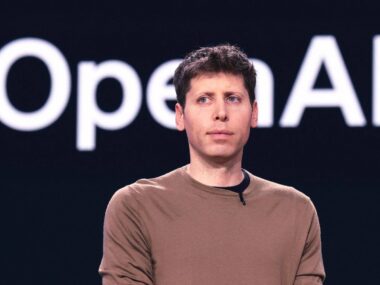Q: What happens when AI decides you are problematic? How do you change its mind?
🧠 AI Doesn’t Judge. It Models
AI doesn’t “judge” in the human sense. It maps patterns.
If you’re someone with a long online trail, videos, articles, and consistent commentary, it can learn how you think and reflect that back to you with surprising accuracy. That’s why when I asked an AI to tell a Star Wars story as if I wrote it, it somehow knew I wouldn’t abuse power, that I loot responsibly in games but rarely use “steal,” and that I wouldn’t do whatever it takes to win. The AI knew me, because I’ve made myself knowable through years of thoughtful content.
Most people aren’t like that. They don’t share detailed thoughts. They repost vague memes or passively signal their views through who they follow, like, or engage with. That creates a problem. When you’re quiet, the algorithm fills in the blanks.
⚠️ What AI Reveals And What It Withholds
Last year, Meta started showing me content from people in my network that clashed with my values. Racist memes, dog whistles, the works. When I asked Meta’s AI why, it essentially said, “You need to know who you’re associating with.”
It was right.
But here’s the flip side: if the AI correctly judged that I would be repulsed by that content, it probably recommended that same person’s posts to people who shared those views. That person became a signal. Flagged, routed, and promoted based on what they represented.
Now imagine that person changes. They stop reposting harmful content. They rethink things. They grow. How does the AI know that? And more importantly, how long does it take before it believes them?
🔄 How to Rebuild a Reputation in the Age of AI
It is possible to shift how AI systems interpret someone, but not through silence. It takes visible, consistent effort.
✔️ Stop feeding the negative signal. No more toxic likes, shares, or coded language. Silence helps, but it’s not enough.
✔️ Demonstrate the shift. Share content that actively challenges what you once supported. Make your new values loud. Support marginalized communities. Correct old narratives. AI notices.
✔️ Stay consistent. AI systems often weigh recent data more heavily, but only once it becomes the new pattern. You can’t just change for a week and expect the slate to reset.
The past doesn’t have to be erased. It just has to be outpaced.
🧍🏽♂️ What About the People Who Post Nothing?
They’re not exactly “safe.” If there’s not enough data, AI might model their behavior based on similar users or associations. Their silence becomes an open canvas. That’s a risk.
Worse, when AI is used to make decisions (like screening resumes or flagging misinformation networks), the absence of a clear signal can be treated as suspicious. Someone who hasn’t said anything might be judged more harshly than someone who messed up, owned it, and changed.
✅ What Did We Learn?
In the age of AI, your digital presence isn’t just content It’s a reputation system.
If you don’t define who you are, AI will guess. And it might guess wrong. Or worse, it might guess right based on a version of you that no longer exists.
But that’s not the end of the story. You can change. You can own your past. And you can shape your future.
Not just for people, but for the algorithms that act on their behalf.






